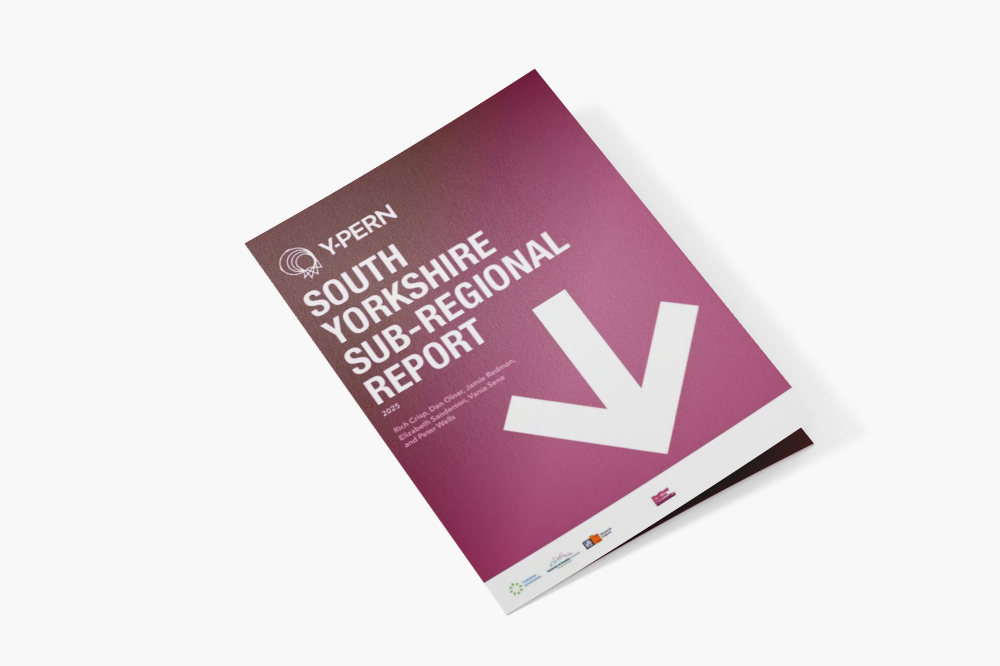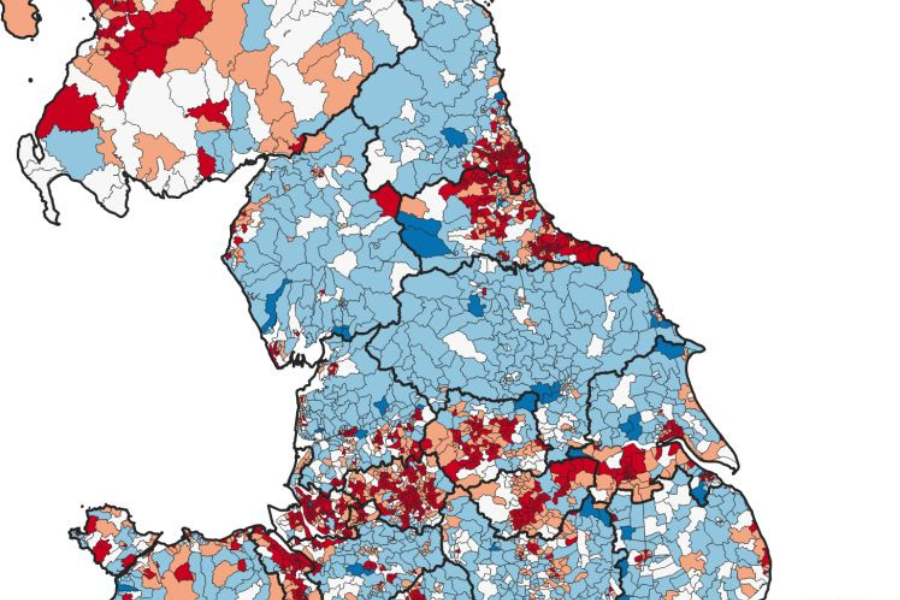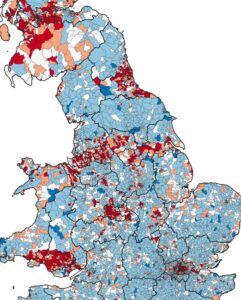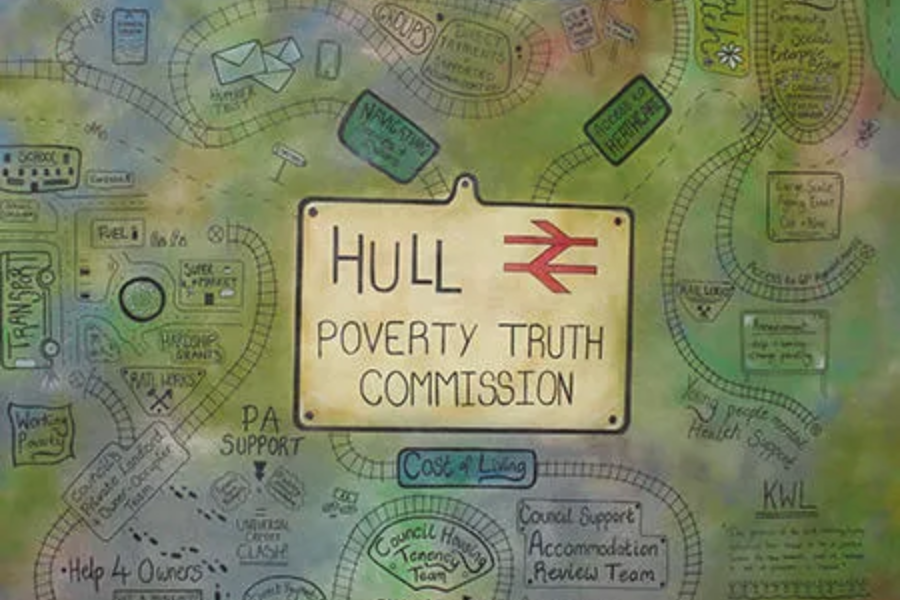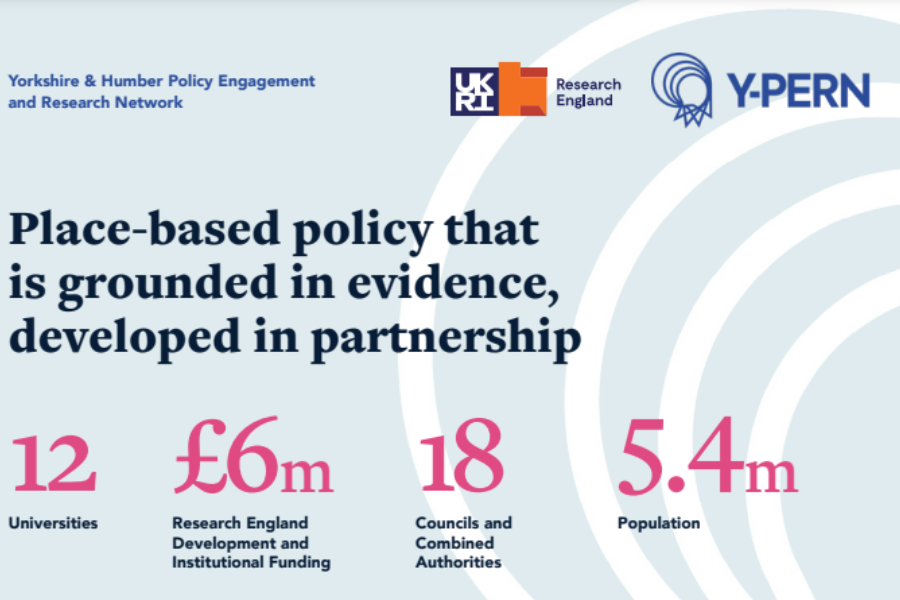We proudly present our South-Yorkshire Sub-regional Report, a collaborative effort between Y-PERN, Sheffield Hallam University (SHU) and the University of Sheffield (UoS).
Sheffield Hallam University (SHU) and the University of Sheffield (UoS) jointly host the South Yorkshire Y-PERN team. The SHU team operates from the Centre for Regional Economic and Social Research (CRESR) and includes two policy fellows, Elizabeth Sanderson and Dr. Jamie Redman, along with Professor Peter Wells, who is a member of the Y-PERN Academic Steering Committee, and Dr. Rich Crisp, who is also a Co-Investigator for the Yorkshire Policy Innovation Partnership (YPIP).
At the University of Sheffield, Y-PERN is represented by policy fellow Dr. Dan Olner and Professor Vania Sena, who is the Chair of Entrepreneurship and Enterprise within the university’s Management School. Dr. Olner is embedded within the South Yorkshire Mayoral Combined Authority (SYMCA), while Professor Sena serves on the Y-PERN Academic Steering Group and is also a Co-Investigator for YPIP.
The report, authored by Rich Crisp, Dan Olner, Jamie Redman, Elizabeth Sanderson, Vania Sena, and Peter Wells, provides a detailed overview of the collaborative initiatives undertaken by the South Yorkshire team in partnership with the South Yorkshire Mayoral Combined Authority (SYMCA).
It highlights the ongoing collaboration with SYMCA, focusing on enhancing regional economic development and addressing skills shortages. A key aspect of this partnership is the transition from reactive contract research to a strategic partnership model, which promotes long-term collaborations between Y-PERN, Sheffield Hallam University (SHU), the University of Sheffield (UoS), and SYMCA.
These joint efforts aim to improve job quality and support the development of SYMCA’s Skills Strategy. Various initiatives, including evidence briefings, workshops, and data analysis, have been implemented to inform policy decisions.
The report underscores the importance of close collaboration and knowledge exchange, illustrating the benefits of integrating academic resources within local government to establish a stronger foundation for economic growth in the South Yorkshire region.

